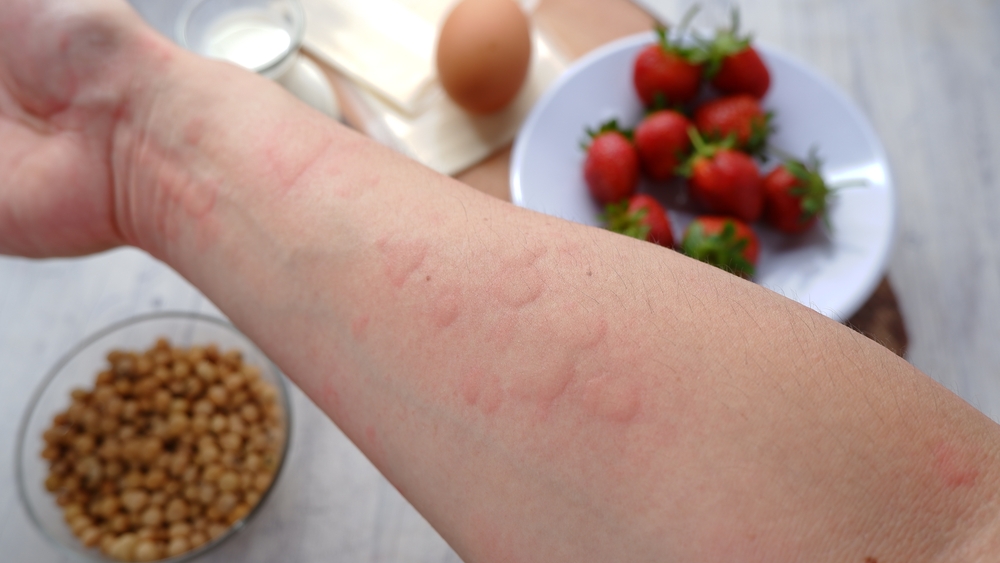The European Commission has approved dupilumab (Dupixent, Sanofi & Regeneron) for the treatment of moderate-to-severe chronic spontaneous urticaria (CSU) in adult and adolescent patients 12 years and above with inadequate response to histamine-1 antihistamines (H1AH) and who are naïve to anti- immunoglobulin-E (IgE) therapy for CSU.
Eligible patients can use dupilumab as a first-line targeted treatment.
Beyond the European Union, dupilumab is also approved for CSU in certain adults and adolescents in several countries, including the US and Japan.
The approval is based on data from two Phase 3 clinical studies in the LIBERTY-CUPID program (NCT04180488). Study A and Study C included 284 patients aged 12 years and older who were symptomatic despite the use of antihistamines and who were naïve to anti-IgE therapy. Both studies assessed dupilumab as an add-on therapy to standard-of-care antihistamines compared to antihistamines alone and demonstrated dupilumab significantly reduced urticaria activity (a composite of itch and hives), and individual measures of itch and hive severity compared to placebo at 24 weeks. Dupilumab also increased the percentage of patients with well-controlled disease and complete response at 24 weeks compared to placebo. Study B (n=108) provided additional safety data and evaluated dupilumab in patients aged 12 years and older who were inadequate responders or intolerant to anti-IgE therapy and symptomatic despite antihistamine use.
Safety results from Study A, Study B, and Study C were generally consistent with the known safety profile of dupilumab in its approved indications. The most common adverse reactions for dupilumab overall are injection-site reactions, conjunctivitis, conjunctivitis allergic, arthralgia, oral herpes, and eosinophilia. Additional adverse reactions of injection-site induration, injection-site dermatitis, and injection-site hematoma were reported in the CSU adult and adolescent studies. Adverse events more commonly observed with dupilumab (≥5%) than placebo in patients with CSU were injection-site reaction, COVID-19, hypertension, CSU, and accidental overdose.


